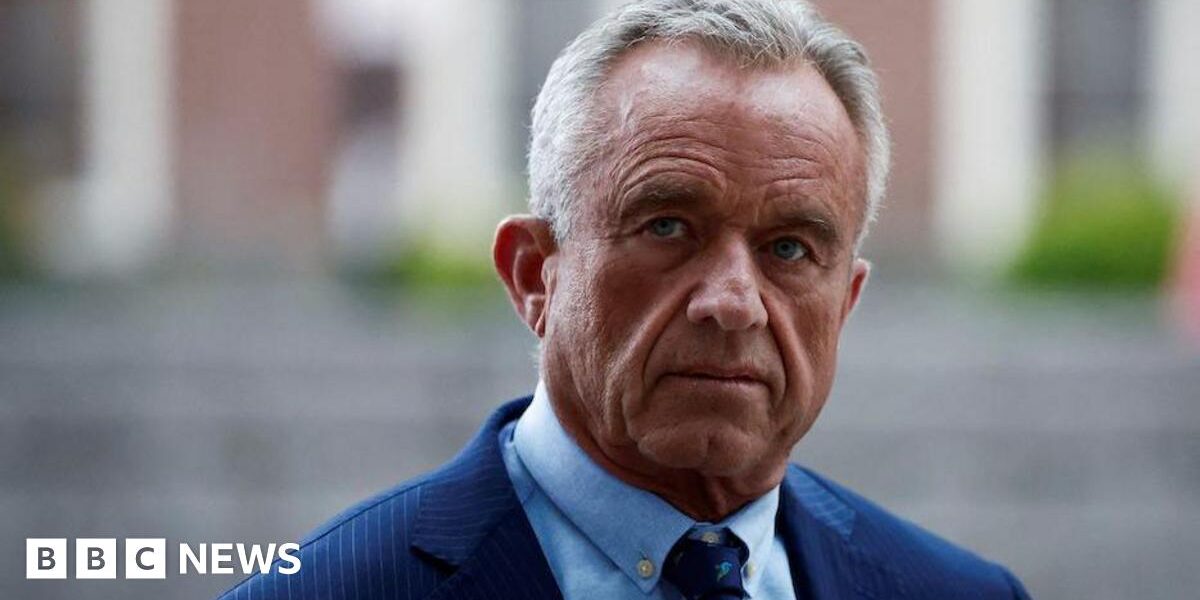The high price of GLP-1 drugs, which are patented – meaning cheaper copycat versions can’t be made – has led to a debate among insurance companies, said Benjamin Rome, a health policy researcher at Harvard Medical School.
The companies have to decide whether to raise insurance premiums, in general, to cover the costs, or to forgo coverage of GLP-1s altogether, he said.
Many have decided not to cover them. Others cut off coverage to patients once they lose weight and reach a body mass index (BMI) below the obesity range of 30 or higher, Dr Cecil said.
When Dr Cecil was on a GLP-1 using her previous insurance, she said she wouldn’t allow herself to lose as much weight as she wanted to avoid crossing the BMI threshold.
“They’ll cut off coverage, saying, ‘Well, you don’t need it anymore. You’ve lost weight.’ But of course, the reason they lost weight is because of the medicine,” she said.
Getting off anti-obesity drugs too quickly also can cause unpleasant withdrawal effects, and many gain back the weight.
Government insurance faces a similar cost predicament when it comes to covering the new weight-loss medications.
“Although there’s obviously a lot of interest in doing so to make these highly effective drugs more available to patients who need them, the cost of doing so would be enormous because so many people are eligible and because the prices are so high,” Dr Rome said.
When Biden officials issued the rule requiring Medicare and Medicaid to cover the anti-obesity medications, they did so after the election, knowing it would not be up to them to carry the policy out, said Mark Fendrick, the director of the University of Michigan Center for Value-Based Insurance Design.
The federal government said last year that it could cost about $25b for Medicare and $11b for Medicaid to provide the drugs over the next 10 years.
“How do we pay for that?” Dr Fendrick asked.
The Biden-era rule must go through a public comment period before the Trump administration ultimately decides whether to move forward with it, experts said.
Dr Cecil said the government and private insurance companies may remain hesitant to foot the bill for such expensive medications.
But she believes the savings that would come from tackling obesity for millions of Americans would greatly outweigh the short-term costs.
“Five to ten years is when we would really see a huge payoff, because that’s when we would really start to see trending downwards for some of these more serious long term complications,” Dr Cecil said.
“If everyone who needed the drugs could afford them and wanted to take them, it would be pretty game changing.”





